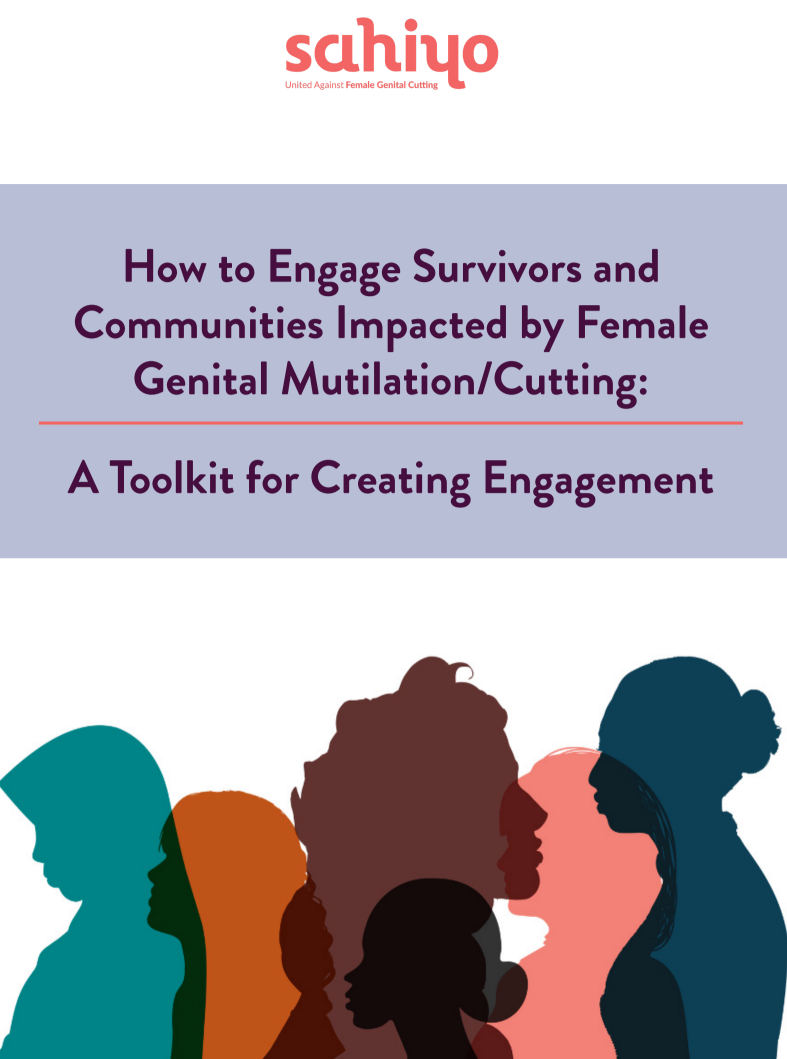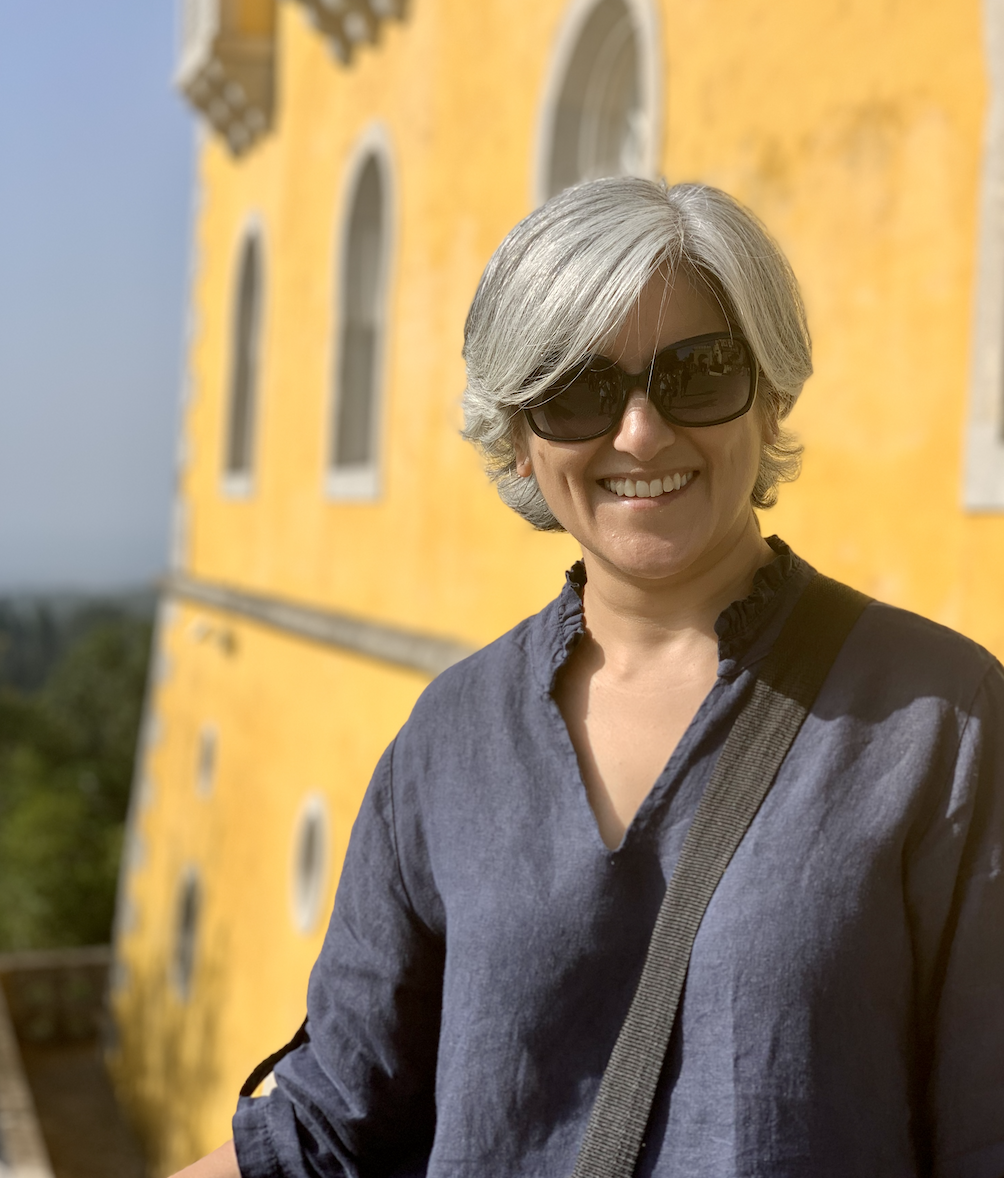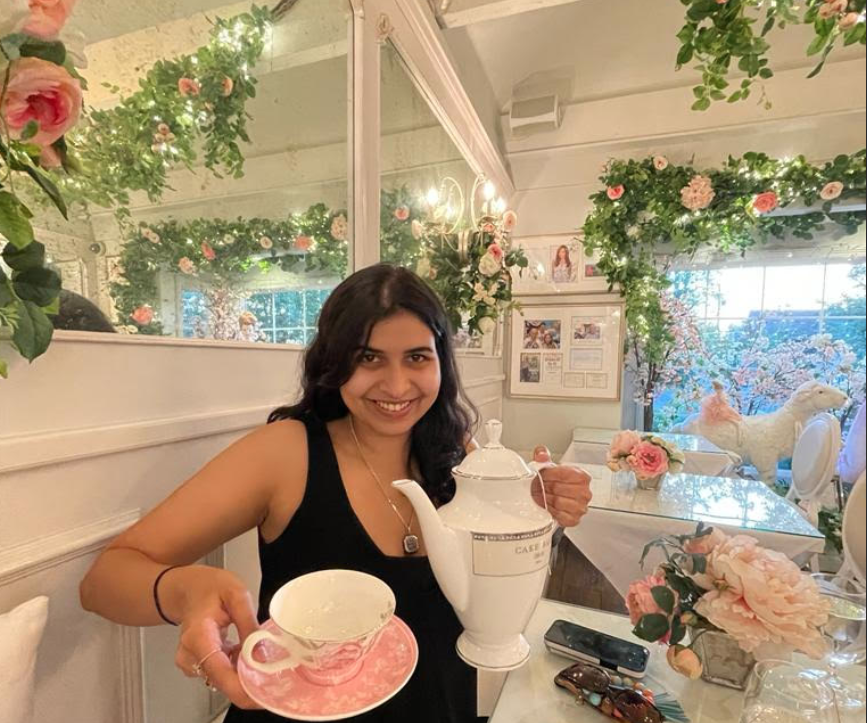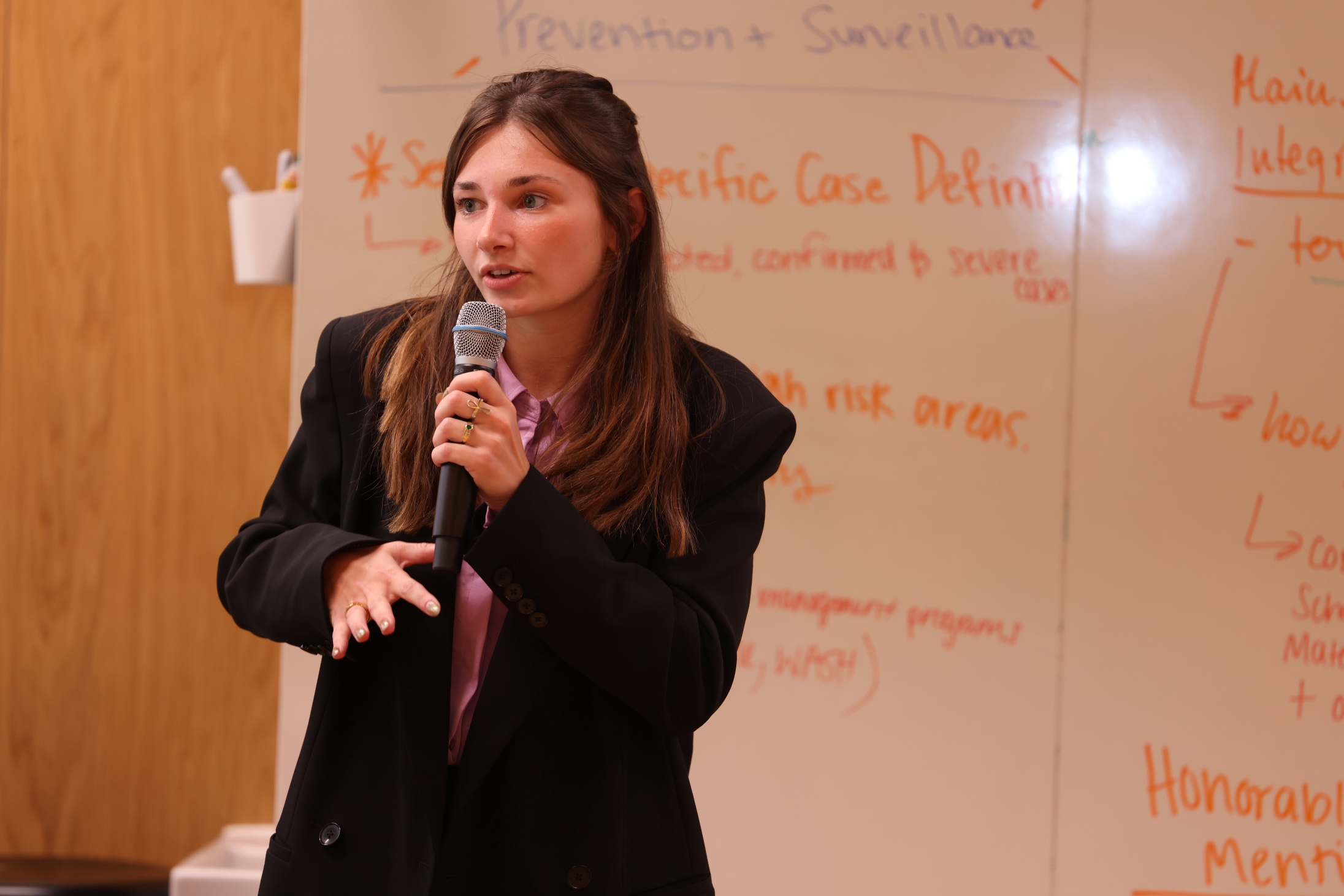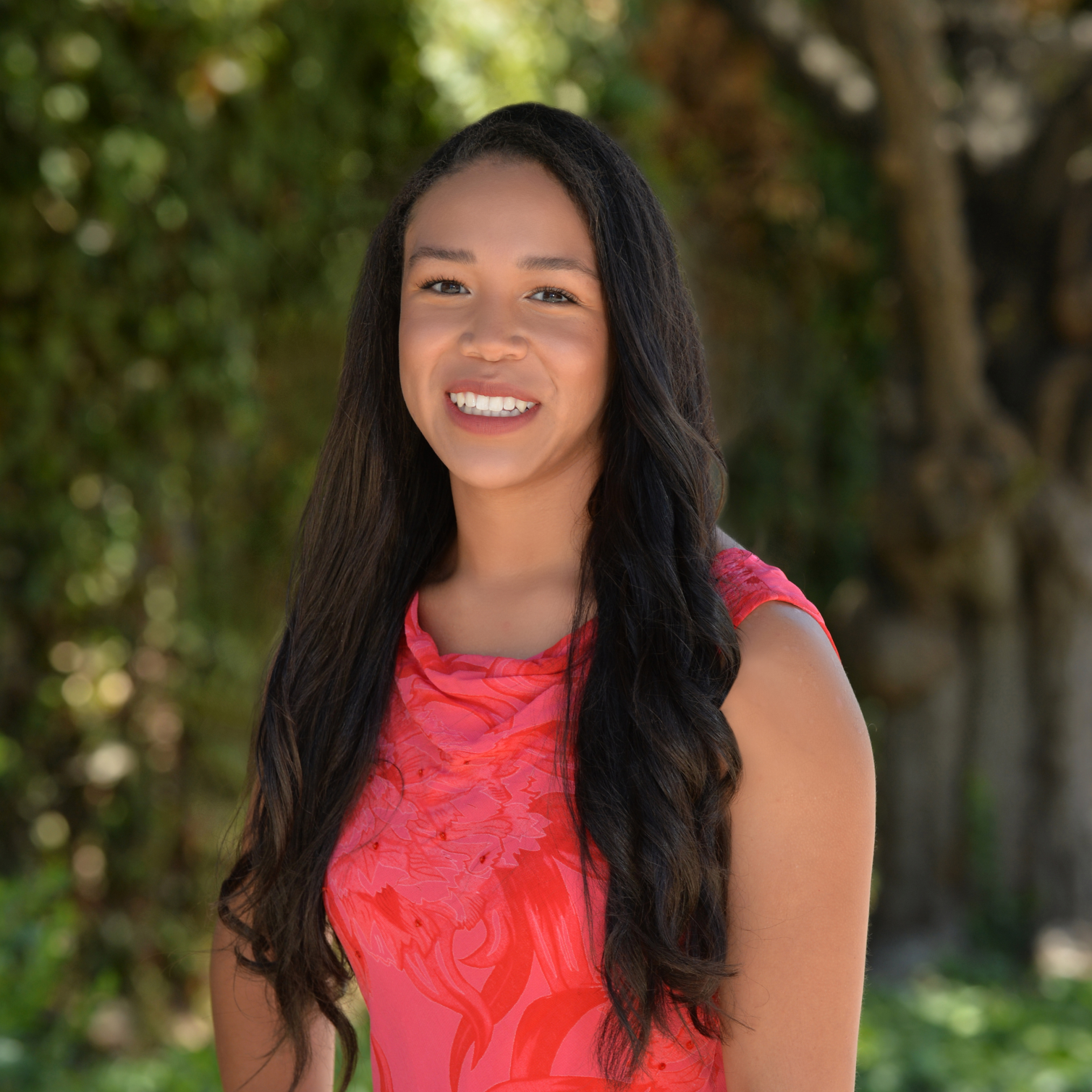Here at Sahiyo, we believe that every individual and community impacted by female genital mutilation/cutting (FGM/C) deserves to be heard, supported, and empowered. That’s why we’ve created the How to Engage Survivors & Communities Impacted by Female Genital Mutilation/Cutting (FGM/C): A Toolkit for Creating Engagement (or Survivor & Community Engagement Toolkit, for short). A resource built for those on the front lines of prevention efforts, survivor advocacy, and community outreach.
FGM/C is a deeply complex and culturally sensitive issue, which makes engaging with impacted communities challenging, but essential. This toolkit provides practical guidance and best practices for outreach, education, and support. It’s not just a collection of strategies; it is a product of lessons learned from real-world efforts across the U.S., gathered throughout 2023-2024 from grassroots organizations who have been working tirelessly to support survivors and prevent the practice of FGM/C.
Why Survivor and Community Engagement Matters
In the movement to end FGM/C and support those impacted by it,, engagement is key to progress. In our experience, and based on the insights shared with us from other organizations, we recognize that it’s not enough to just raise awareness—we need to connect, listen, and build trust with the communities impacted by FGM/C to fully engage on the topic.
But what does "engagement" truly mean in this context?
Engagement means showing up—not just as advocates or professionals, but as compassionate listeners, who seek to understand and not just respond. It is about actively connecting with and fostering understanding among a diverse group of individuals, including those who have experienced FGM/C, their families, friends, and even those who have not been directly impacted by FGM/C. Meaningful engagement creates spaces where survivors feel safe to share their stories, where their experiences are valued, and where they can contribute to solutions. It’s about bringing everyone into the conversation- men, adolescents, community leaders, elders, religious figures, teachers, and other local officials. The more voices we bring to the table, the stronger we become as a movement!
“Unless you are engaged with the community, it's very very hard to recruit women. They are culturally very sensitive. And they really don't want to talk about it, about FGM/C, the harmful practice they have been through. For example, I am the impacted, the victim of FGM/C, I have the same experience as them and they feel comfortable to talk to me about it. They don’t trust you by the title, they trust you if you build a relationship with the community.” - Rufo Jiru, Anolee Sisters
*This toolkit was completed on September 30, 2024.
What’s Inside This Toolkit?
We know that every community is unique, and we also know that addressing FGM/C requires multiple approaches that respect and reflect those differences within impacted communties. The toolkit is organized into sections that take you step-by-step, identifying the best ways to engage, support, and collaborate with the communities you serve. Here’s a glimpse of what’s inside:
- Survivor and Community Engagement - An Overview: Gain a holistic understanding of community and survivor engagement. Reviewing why it is important and how it makes a difference.
- Ethical and Cultural Considerations: Learn how to approach FGM/C with respect and cultural sensitivity. This section provides guidance to ensure mindful interactions.
- Strategies to Conduct Survivor & Community Engagement: Discover different methods to connect with and support individuals and communities impacted by FGM/C. Review case studies in which organizations share their experiences with community engagement and lessons learned.
- Decision-Making in Program and Event Planning: Understand that every community is unique. Learn ways to adapt various forms of engagement to suit the specific needs and contexts of each community.
“Community engagement is very important because a lot of our clients face a lot of barriers to getting services. So creating those outreach and educational community events that we do in different apartment complexes here in Columbus, where most of our refugee and immigrant clients live, provides an opportunity for us to be in the neighborhoods, be where our clients live, and help introduce them to the different services that we have at US Together.” - Hana Adelbaki, US Together
Who Contributed?
This toolkit is a collaborative effort, drawing on insights from individuals affiliated with organizations working in the field of FGM/C prevention and advocacy. Their experiences provide valuable perspectives on addressing FGM/C across the United States. Insights are gleaned from the following organizations:
- African Cultural Alliance of North America (ACANA)
- African Family Health Organization (AFAHO)
- Anolee Sisters
- International Institute of Minnesota (IIM)
- International Survivors And Family Empowered (iSafe)
- Global Woman Peace Foundation (GWPF)
- Sahiyo
- Sauti Yetu Center for African Women, Inc.
- Nile Sisters Development Initiative (NSDI)
- The U.S. End FGM/C Network
- US Together Inc.
- Silence Speaks
Their work, insights, and dedication make this toolkit what it is today—a resource created by the community, for the community.

